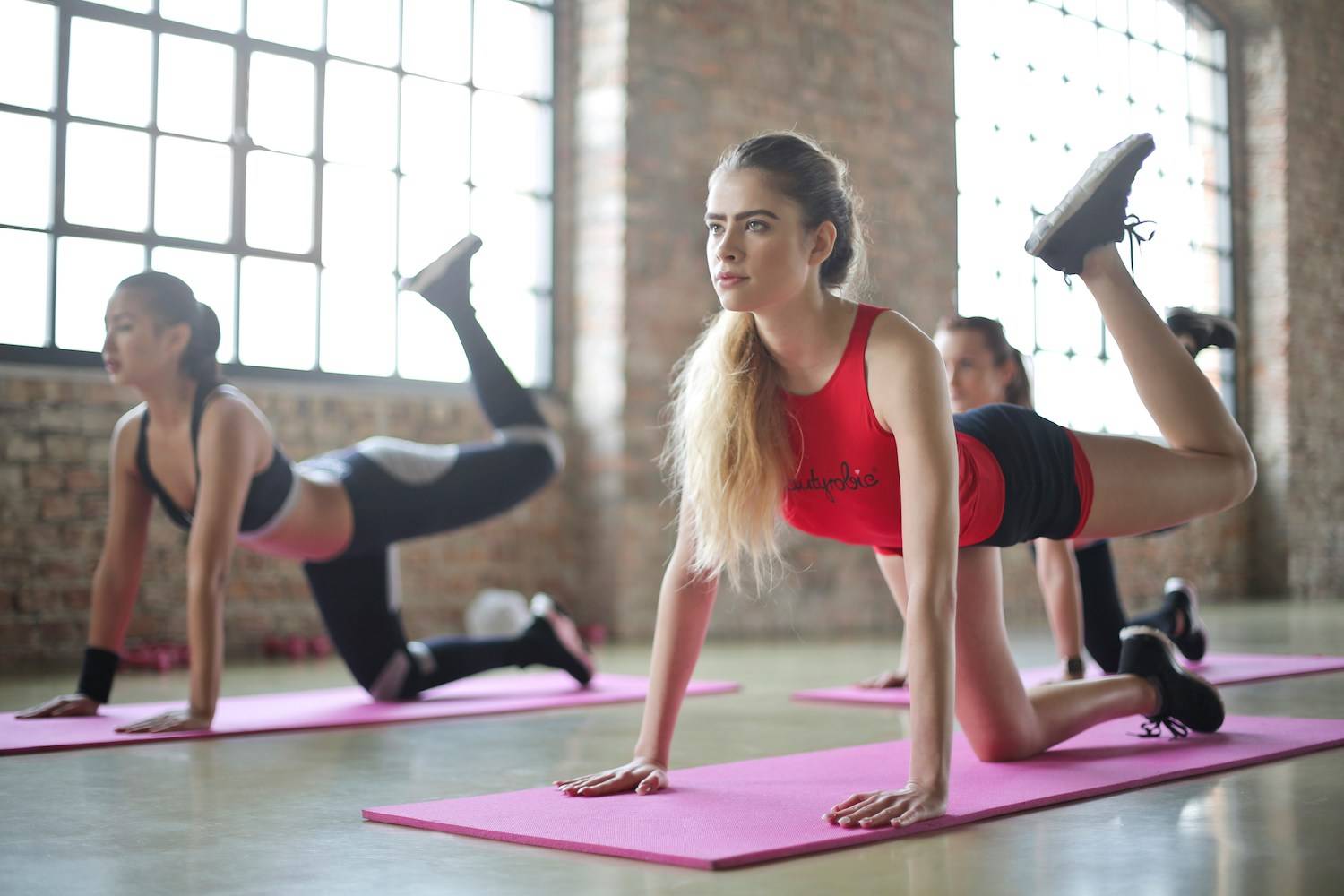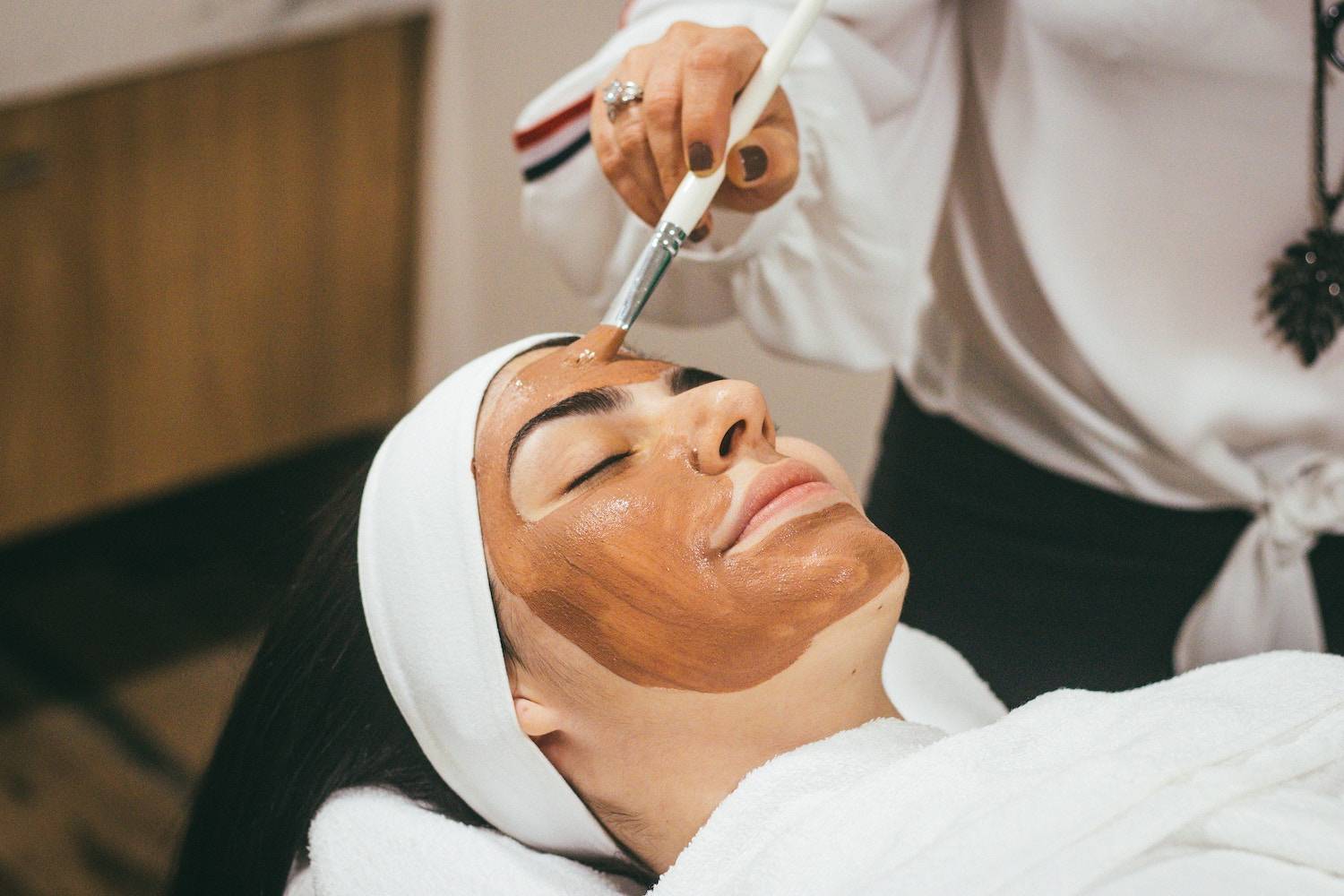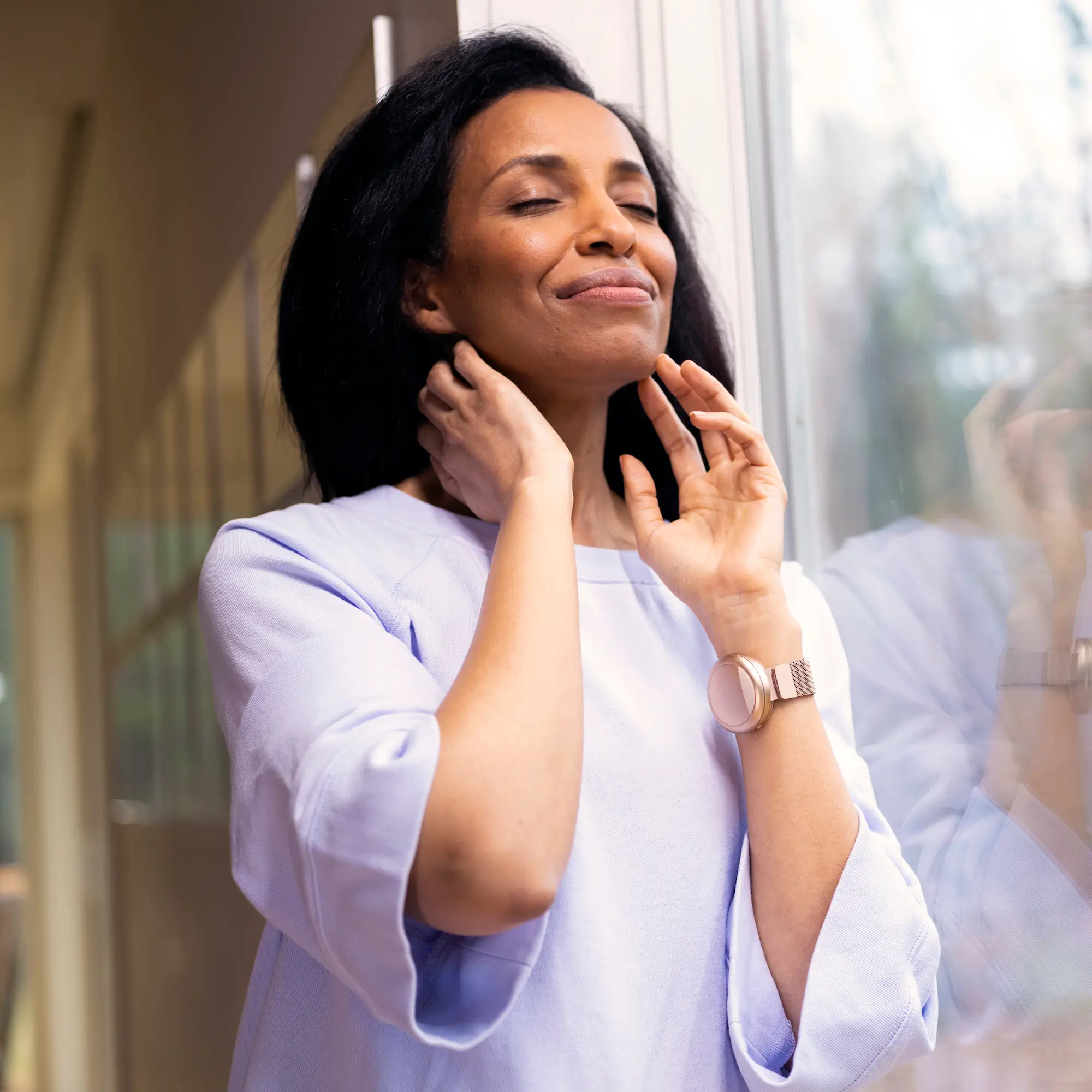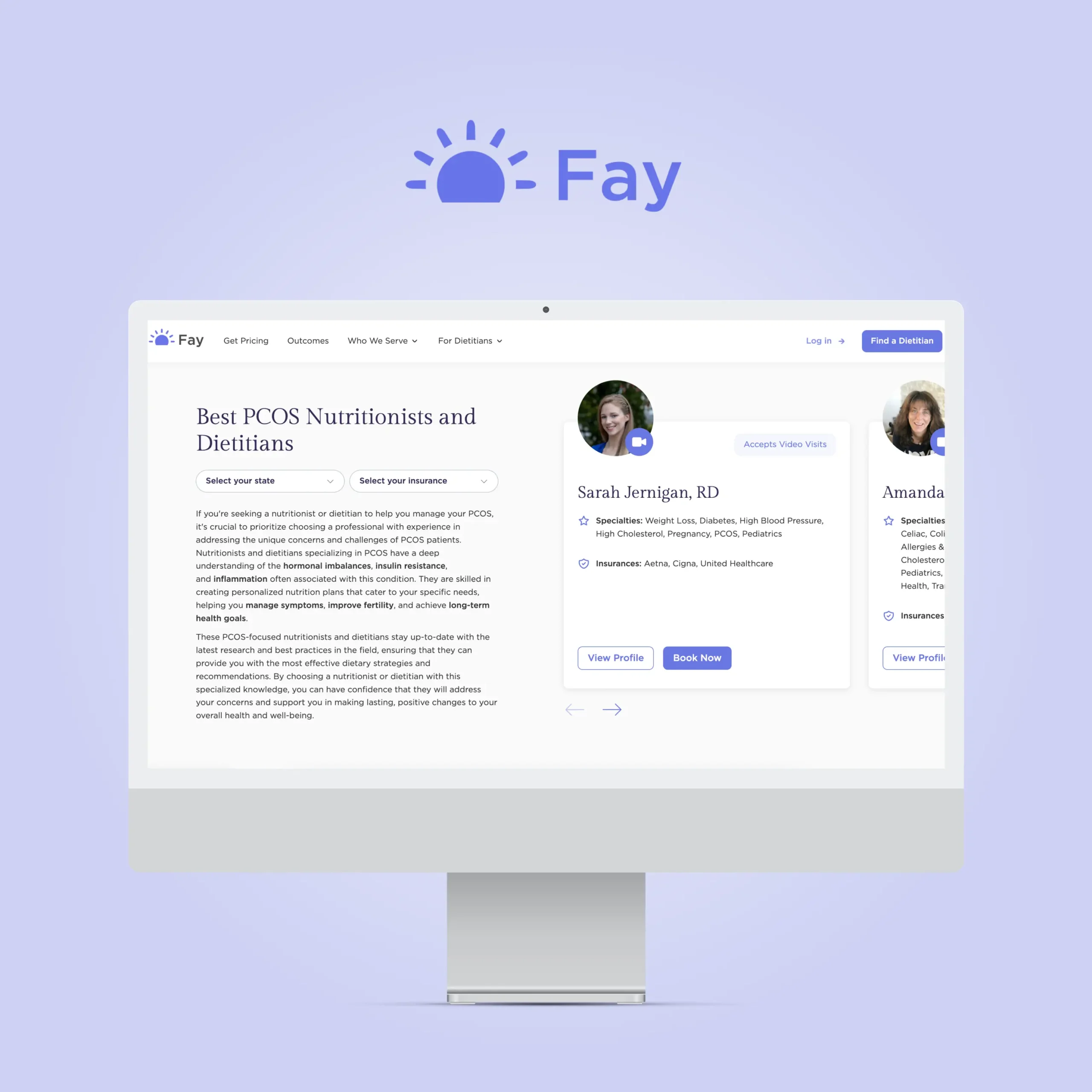In a world where high-intensity workouts often steal the spotlight, Pilates quietly stands as a gentle yet highly effective exercise method that has been transforming bodies for decades. Pilates focuses on core strength, flexibility, and mind-body connection, making it an ideal choice for people of all fitness levels and ages. Whether you’re a fitness enthusiast or a beginner looking for a low-impact exercise routine, Pilates might be just what you need to achieve a strong, flexible, and balanced body.
What is Pilates?
Pilates is a physical fitness system developed by Joseph Pilates in the early 20th century. It emphasizes the importance of core strength, flexibility, and overall body awareness. Pilates exercises can be performed on a mat or using specialized equipment like the reformer, Cadillac, and chair.
Benefits of Pilates:
- Improved Core Strength: Pilates focuses on strengthening the deep core muscles, including the transverse abdominis and pelvic floor. A strong core provides stability and supports a healthy posture.
- Enhanced Flexibility: Pilates incorporates stretching and lengthening exercises that improve flexibility, making it an excellent choice for those seeking increased range of motion.
- Better Posture: Pilates helps you develop awareness of your body’s alignment and encourages proper posture. This can alleviate discomfort caused by poor posture and reduce the risk of injury.
- Mind-Body Connection: Pilates emphasizes concentration, control, and precision. This mindful approach fosters a strong connection between your body and mind.
- Low-Impact: Pilates is gentle on the joints, making it suitable for individuals with various fitness levels and those recovering from injuries.
- Enhanced Core Stability: A strong core enhances stability and balance, which can improve performance in other sports and activities.
- Stress Reduction: Like yoga, Pilates incorporates breathing techniques that promote relaxation and reduce stress levels.
Key Principles of Pilates:
Pilates is guided by several principles that underpin its effectiveness:
- Centering: Pilates exercises originate from the center of the body, the core or “powerhouse.” This focus on core engagement is essential for strength and stability.
- Concentration: Pilates requires full concentration on each movement, ensuring precision and control. This mindful approach distinguishes Pilates from other forms of exercise.
- Control: In Pilates, movements are performed with control and precision, rather than relying on momentum. This promotes safe and effective workouts.
- Precision: Pilates exercises are designed to be precise and specific, targeting particular muscles and movement patterns.
- Breathing: Proper breathing is integral to Pilates. It encourages relaxation, oxygenates the body, and supports the flow of movements.
- Flow: Pilates exercises flow smoothly from one to the next, creating a fluid and harmonious workout experience.
Getting Started with Pilates:
- Choose Your Format: You can start with mat-based Pilates, which requires minimal equipment, or explore studio-based Pilates that utilizes specialized apparatus like the reformer. Both offer effective workouts.
- Find a Qualified Instructor: If you’re new to Pilates, consider taking classes with a certified instructor. They can guide you through proper form and technique.
- Wear Comfortable Clothing: Opt for comfortable workout attire that allows for ease of movement.
- Start Slowly: Pilates exercises can be modified to suit your fitness level. Begin with the basics and gradually progress to more challenging movements.
- Consistency is Key: To experience the full benefits of Pilates, consistency is essential. Aim to practice regularly.
In Conclusion:
Pilates is a versatile and holistic exercise method that offers numerous benefits for individuals seeking core strength, flexibility, and overall well-being. Whether you’re looking to improve your posture, enhance your physical fitness, or simply cultivate a deeper mind-body connection, Pilates can be a valuable addition to your fitness routine. Its low-impact nature makes it accessible to people of all ages and fitness levels. So, if you’re seeking a gentle yet effective path to a stronger, more flexible, and balanced body, consider giving Pilates a try. It might just be the exercise method you’ve been searching for.




